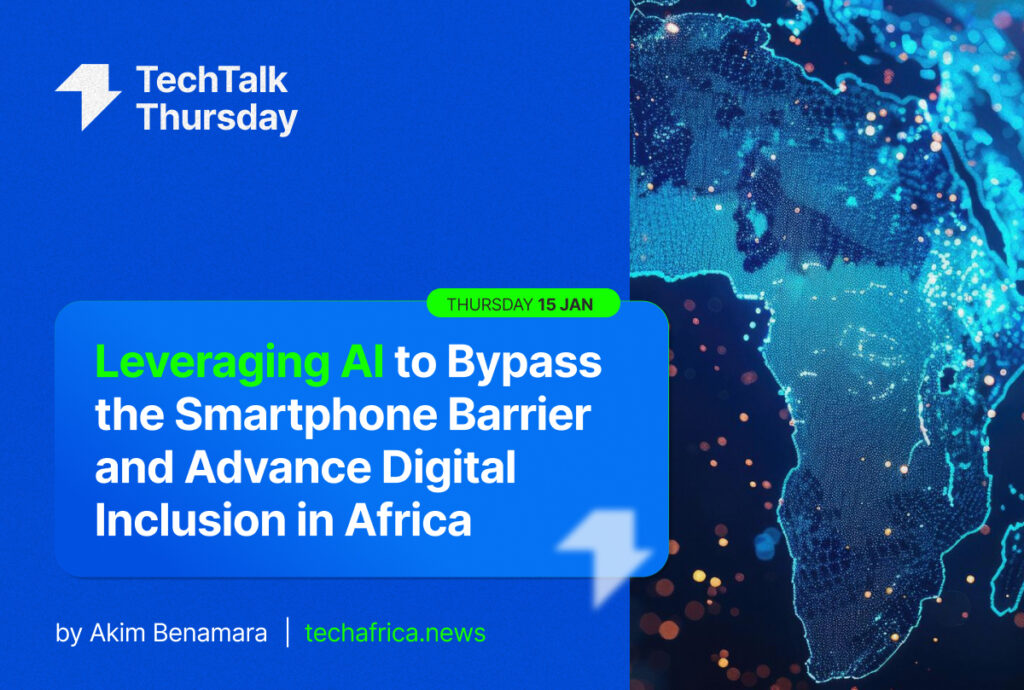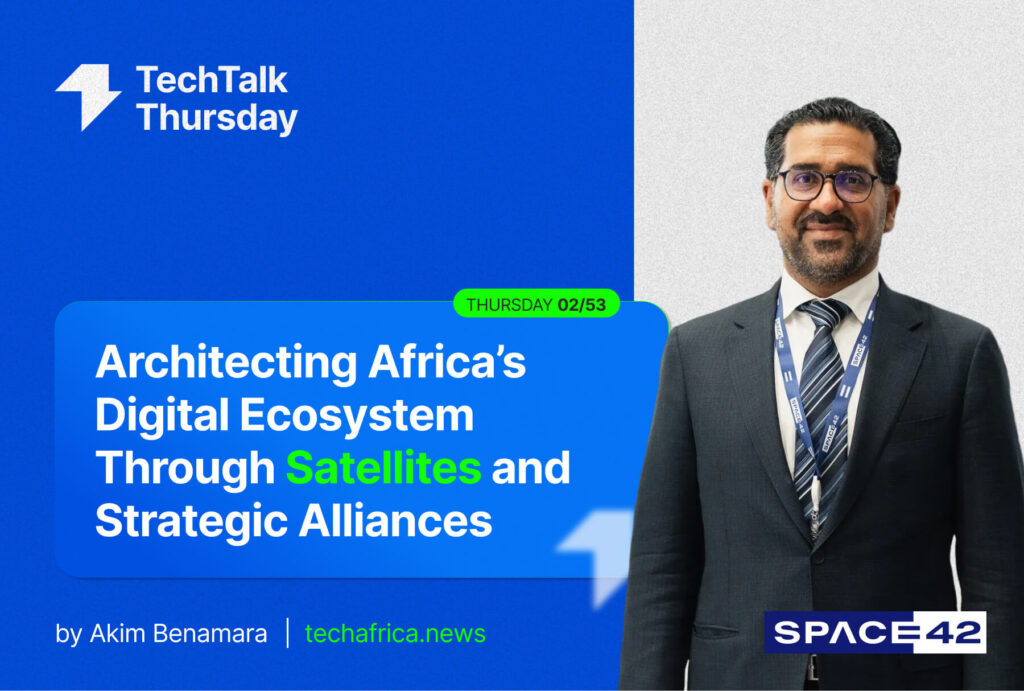A Seat at the Table: BRICS Pushes for Africa-Centered AI Future
The leaders called for “inclusive, transparent, and consensus-based processes” to define international AI norms, stressing that technical standards must not become trade barriers for smaller economies or emerging tech ecosystems.

In a bold move to reframe global artificial intelligence (AI) governance, BRICS leaders have issued a joint declaration that places Africa and other emerging markets at the center of a more inclusive, equitable, and development-driven technological future.
In the BRICS Leaders’ Statement on the Global Governance of Artificial Intelligence, the bloc—which now includes South Africa, Egypt, and Ethiopia alongside Brazil, Russia, India, and China—outlined sweeping proposals aimed at democratizing access to AI technologies, strengthening digital sovereignty, and bridging the global tech divide.
The statement identifies AI as a “milestone opportunity” for equitable development but warns that current governance models risk widening existing inequalities, particularly in the Global South.
“All countries, irrespective of their stage of development, must have the right to benefit from, develop, and use AI,” the leaders said, urging international cooperation to remove financial and technical barriers faced by lower-income nations.
Africa in Focus
The declaration places a strong emphasis on Africa’s digital transformation, advocating for investment in local AI research, infrastructure, and talent development. It calls for multilateral development banks to prioritize AI capacity-building across emerging markets and urges the use of open-source AI to foster innovation at the local level.
AI’s potential in addressing Africa’s development challenges—especially in healthcare, education, energy, and agriculture—was highlighted as a priority area for collaborative innovation.
“Digital government services based on public infrastructure can act as catalysts for inclusion in the digital economy,” the statement reads, signaling support for African-led tech solutions.
Global Governance Under Scrutiny
The BRICS bloc also criticized the fragmented state of international AI governance, calling for the United Nations to serve as the central forum for setting global AI standards. It warned that competing initiatives could deepen inequalities and erode trust in multilateralism.
The leaders called for “inclusive, transparent, and consensus-based processes” to define international AI norms, stressing that technical standards must not become trade barriers for smaller economies or emerging tech ecosystems.
Key Proposals
-
Digital sovereignty: Countries should define their own AI regulatory frameworks while ensuring data protection and user safety.
-
Open access: Encourages the development of open-source and resource-efficient AI models.
-
Bias mitigation: Urges global efforts to eliminate discriminatory algorithmic practices that disproportionately affect marginalized groups.
-
Sustainability: Stresses that AI systems must be environmentally responsible and promote climate resilience.
-
Workforce protection: Calls for responsible AI deployment that enhances productivity without threatening labor rights.
Building a Balanced AI Landscape
The statement concludes with a call for a “proactive, common position” on global AI governance, one that ensures the meaningful participation of Africa and other developing regions. BRICS countries say they will promote these principles across international platforms and welcome collaboration from other nations.
As the race for AI dominance intensifies, the BRICS vision offers an alternative—one that reframes AI not as a luxury of the advanced economies, but as a tool for inclusive progress and shared prosperity.






